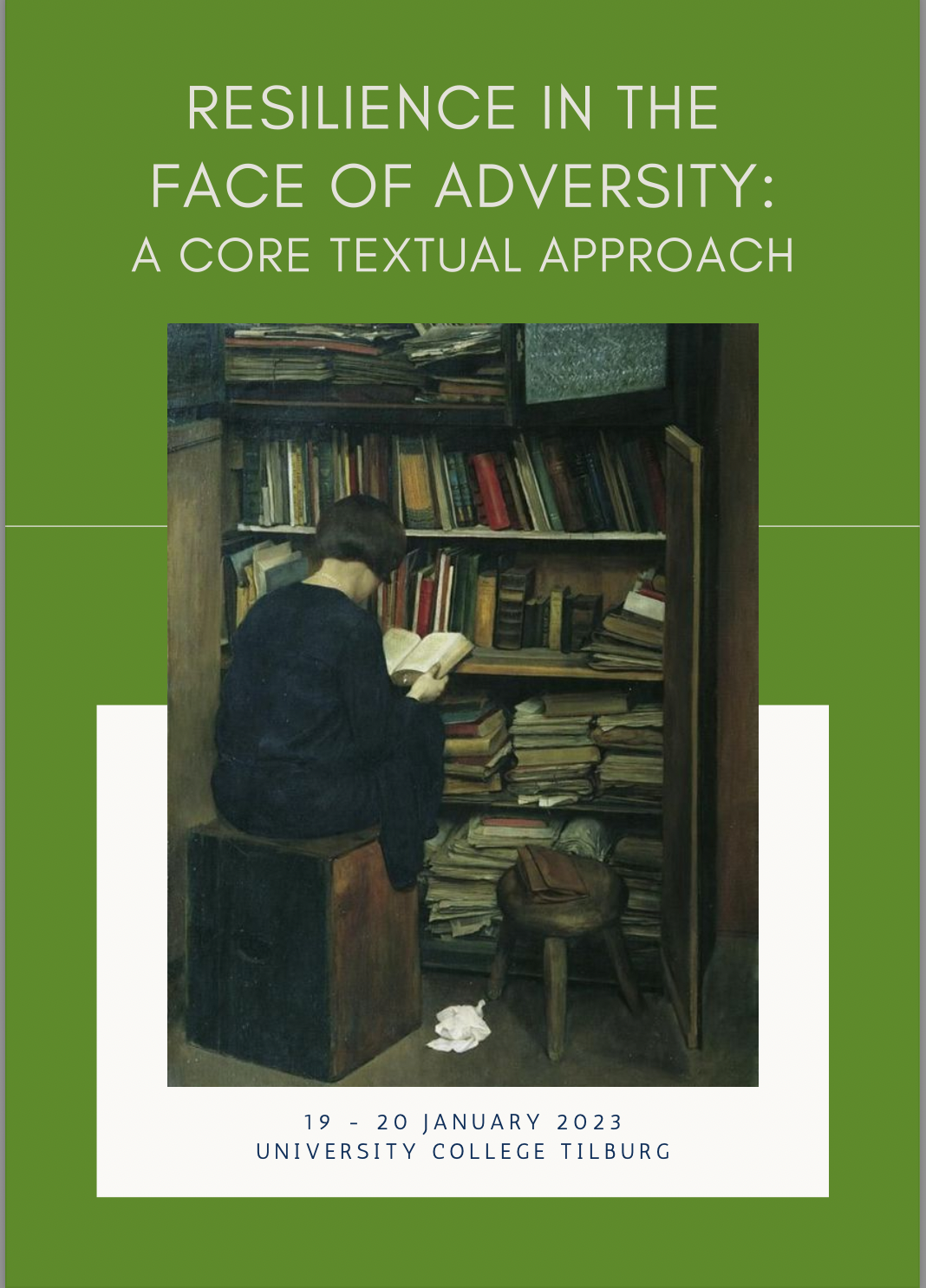Are you in the Humanities/Social Sciences/Sciences and interested in debates about what to read and what not to read, which art to study and which art not to study? Come discuss these questions with colleagues in the liberal arts and sciences across the world:
Association for Core Texts and Courses (ACTC)
27th Conference
University of Notre Dame, USA
April 21- April 24, 2021
Theme: Power and the Canon
Application deadline: 5 February 2022
For more information, see: https://www.coretexts.org/annual-conference-information/
Plenary speakers: Roosevelt Montás (Columbia University), Joshua Parens (University of Dallas), Anika Prather (Howard University), Yang Xiao (Kenyon College)
The idea of canonicity has always been fraught. Any decision, however inspired, about what books “count” in one way or another begs for dissent, creates apocryphal gray areas, and often admits of exception. History is full of proofs of this dynamic, whether we reach back to Josephus or consider contemporary debates about the inclusion of marginalized voices in required college reading lists.
At ACTC, we are in constant conversation about the books we teach and why we choose to teach them, but we rarely (never?) argue about the inclusion or exclusion of any book in particular based on any principle on which we claim to have reached consensus. We know that some versions of these debates occur in some of the programs that find their broader intellectual community at ACTC conferences and programs, but sorting such principles out has never been our work. We at ACTC are not list-makers. We are not gate keepers.
So, when we take up “Power and the Canon” as the theme of our conference, one should perhaps read an implied question mark at the end of that phrase and imagine scare quotes around each of the words that make it up.
What does it mean to have a canon in one’s core program or course? How does it change the educational experience for one’s students? What does it mean not to have one? For those of us who are committed to open-ended and ever-changing reading lists in our core courses, what is gained and lost? For those of us committed to teaching not just the same texts every year, but also texts that exist together in historical relationship as a tradition, how do these traditions play into our teaching? How do they alter the educational project of reading and teaching the texts within it?
Keeping all of these questions about canonicity open, but bracketing them for a moment, how do we understand the power dynamics that are internal and external to our core courses? How do our choices of texts (individual, collective, or historical) express different modes of power or illuminate different power dynamics to our students. And what constitutes the power of the core (whether or not it is canonical)? What power do cores have to bind communities on our campuses or to invite our students into age old conversations?
It is notoriously difficult to articulate the value of a liberal arts education to someone who does not have one. And, among those who are liberally educated, its value seems so obvious that it is often left unarticulated. But, at this year’s ACTC conference, our challenge is to articulate these things to each other, and to try to do so in a way that we might be able to articulate to others. This is a formidable challenge, but one that I believe we are equal to.
ACTC invites proposals for papers and panels that explore our theme, Power and the Canon (but also welcomes proposals unrelated to our theme). Papers must engage a primary text in a substantial way and can be no more than five pages long. Panels should be made up of three to five papers presented by faculty members from at least two different institutions.


